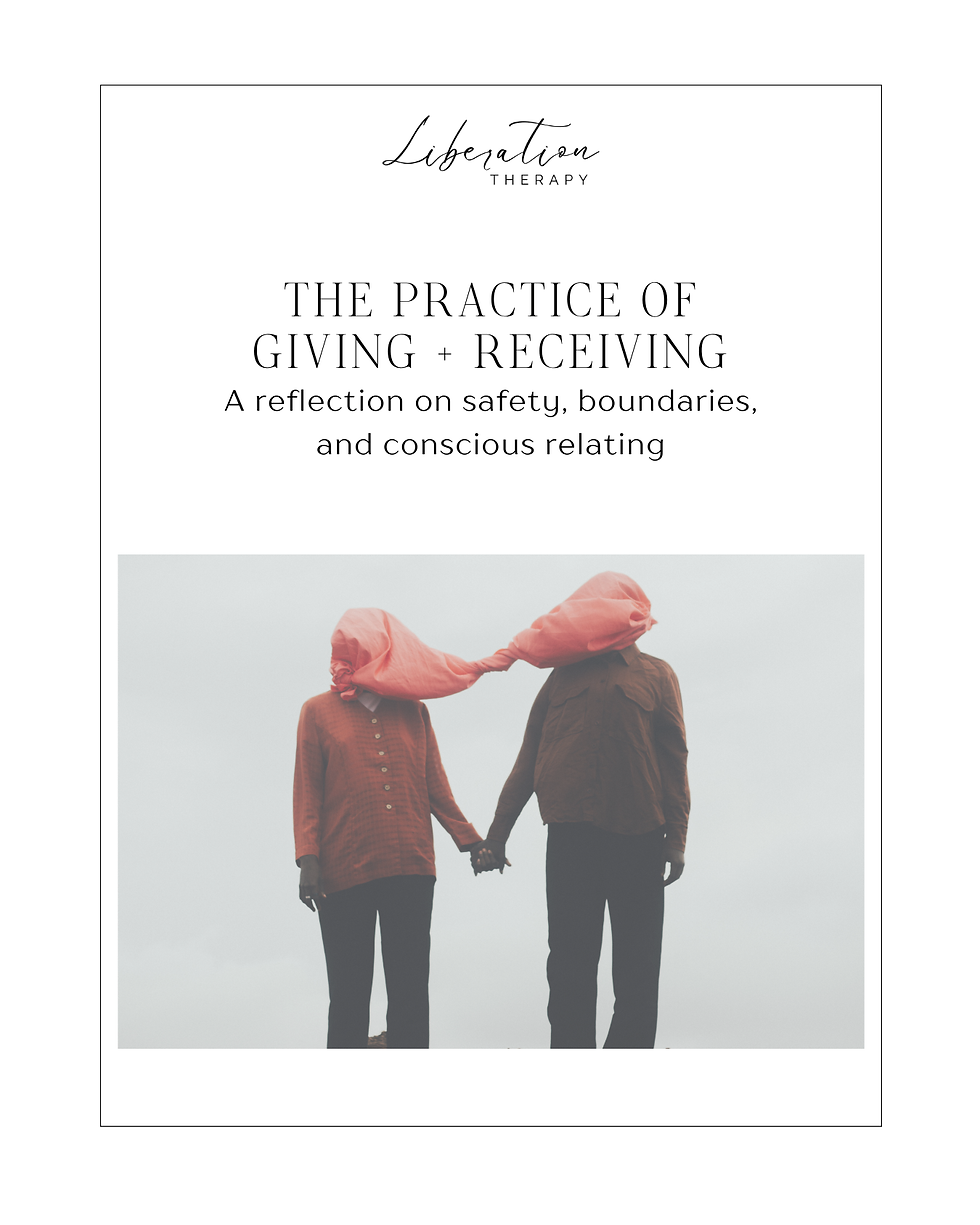The Sacred Nothing: On Gender, Colonization, and the Transmutation of Self
- Zero (aka Charlie Nicely)

- May 14, 2025
- 3 min read

To awaken is to see that the categories we’ve been handed are not the truth.
They are the architecture of forgetting.
Biological sex has long been presented as binary: male or female, as though the body could be split cleanly down the center of myth. But the body resists simplicity. It tells the truth in layers—chromosomes, hormones, gonads, internal organs, external anatomy, brain structures, and nervous system patterns that don’t always align. Intersex bodies alone—far more common than most are told—prove that sex is a spectrum. Not anomaly, but variation. Not defect, but diversity.
And gender? Gender is not biology. It is assignment. A social contract written before birth, enforced through language, law, religion, and repetition. It is costume and consequence. It tells us what to do with our softness and our anger, our power and our care. But gender, like all systems of dominance, was designed.
Many Indigenous cultures across the globe once understood gender as plural, relational, and sacred. There were roles for those who embodied both masculine and feminine, for those who lived outside those poles entirely. These people were often spiritual leaders, keepers of ceremony, mediators between worlds. There was room for fluidity, because there was reverence for complexity.
Colonization changed that. It brought with it Christianity, capitalism, and control. The colonizers erased third genders, outlawed gender variance, and imposed binary categories as a way to regulate populations. The gender binary was not a global norm—it was a colonial tool. It replaced sacred multiplicity with rigid hierarchy. It replaced embodiment with obedience.
What survives of that system is what we still live in now.
But something else survives too.
There are still those of us who carry the memory of what it means to live beyond the binary. Those who are trans, nonbinary, genderfluid—not as new inventions, but as living lineages of shapeshifters, edge-walkers, and spiritual disruptors. We are not anomalies in a modern moment. We are what was buried and could not die.
And we are teachers.
Not because we asked to be, but because to survive this world as we are requires initiatory knowledge. We know what it means to lose everything in the name of truth. To be exiled from family, faith, and familiarity. To unlearn the names we were given and walk, naked, into becoming.
This is not a performance. It is a practice.
A sacred one.
It mirrors the teachings of the mystics and the monks—the path of ego death, of renunciation, of loosening the grip on identity in order to become more deeply aligned with the real. In Buddhism, this is the work. To see that the self is not a fixed thing. That clinging is suffering. That form is always changing, and peace is found in letting go.
We live that truth in our bones.
We are not confused. We are impermanent. And we are intimate with the grief of that. We’ve watched mirrors lie, loved ones leave, safety vanish. And still, we do not turn back. We keep walking. We learn how to die while alive. And that dying makes us more whole.
To transition is to engage in a spiritual act: to name what’s true in the face of disapproval, to walk away from illusion, to choose reality over comfort. It is a stripping of roles and a remembering of essence.
And beyond that? Beyond even the clarity of gender identity lies something deeper still: the sacred nothing.
The vast, formless space that holds all becoming and no fixed self. It is not genderless because it lacks gender—it is genderless because it is beyond the need for it. This is not erasure, but liberation. Not a rejection of form, but an understanding that form is only ever temporary.
We do not need to cling to roles to belong.
We do not need to be legible to be real.
Expansion—true expansion—is letting go of the need to be a “someone” at all. It is dissolving back into presence. It is remembering that we are not the categories that hold us. We are what breathes beneath them.
This is the wisdom trans people carry.
Not just about gender—but about impermanence.
Not just about the body—but about liberation.
We are not the future. We are the remembering.
The prayer.
The mirror.
The flame.
Let it burn down what was never true.
Let it clear the way back to what always was.



Comments